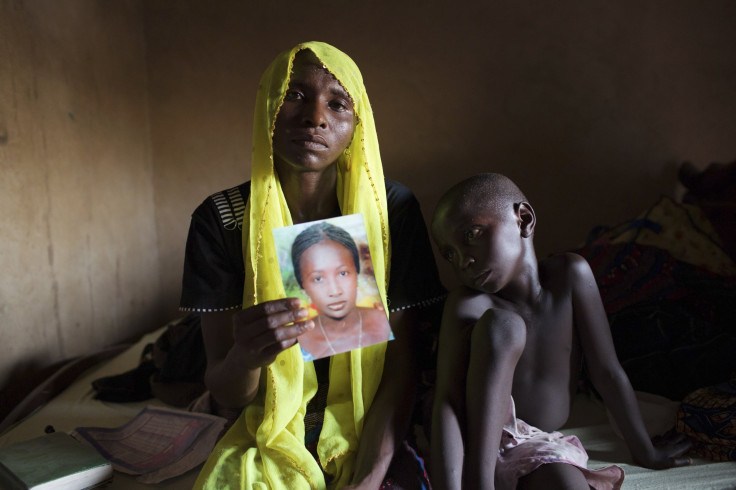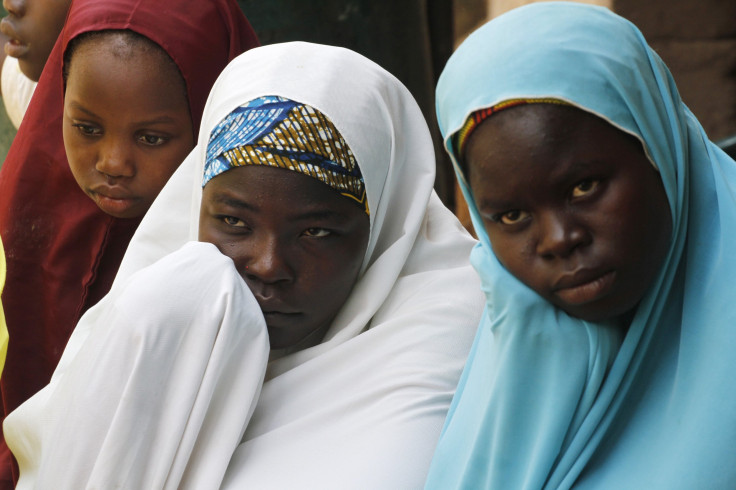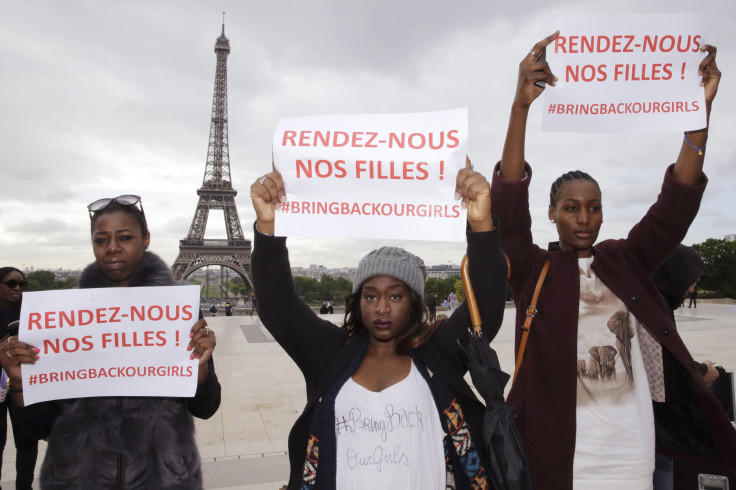Where Is Boko Haram Now? Why Nigerian Terrorist Group Has Gone Largely Ignored Since #BringBackOurGirls Campaign

They have killed more than 2,000 civilians in the first half of 2014 alone, carried out nearly 100 violent attacks this year, sent hundreds of thousands of refugees fleeing for their lives and abducted nearly 300 schoolgirls to be sold as slaves, yet their offenses have largely been overlooked by the U.S. and other Western powers. Boko Haram, a militant Islamist movement based in Nigeria with ties to al Qaeda, continues to terrorize the West African country with little resistance, despite an international demand for intervention and a social media awareness campaign following the girls’ kidnapping.
Several foreign powers, including the U.S., Canada, Britain and France, have sent special forces to Nigeria to aid the Nigerian army in ferreting out Boko Haram after reports of the mass abduction nearly five months ago, but the effort has mostly failed. Although the Nigerian army has led several successful campaigns against insurgents in recent weeks, Boko Haram, whose name translates to “Western education is forbidden,” continues to attack Nigerian schools and colleges with deadly results, according to the BBC. Experts say logistical complications such as the remoteness of the region where Boko Haram operates, the failure of online activism and the rise of conflict elsewhere, including the Islamic State in Iraq, which the international community sees as a more direct threat, have made Boko Haram a footnote in the global fight against terrorism.

Surveillance drones used to locate Boko Haram have proved of little use in Nigeria’s vast and rugged Sambisa Forest, the group’s hideout where the kidnapped girls are believed to be held, according to Benjamin Radford of Discovery News. It is also a region where the Nigerian government has little influence, making a counterinsurgency campaign there more difficult.
The viral Internet campaign #BringBackOurGirls, which enlisted such high-profile figures as U.S. first lady Michelle Obama, did little to rattle Boko Haram’s confidence. Rather, the international attention the awareness campaign generated only legitimized Boko Haram as an influential terrorist force, Radford notes. “Sharing outrage on social media felt empowering to many shortly after the abduction but did not translate into any real effect,” he wrote.

U.S. officials have made it clear that Washington does not fear Boko Haram in the same way it does the Islamic State, formerly known as ISIS. The Islamic State has carried out an aggressive recruitment effort in recent months and has attracted members from all around the world. Boko Haram simply “isn’t ISIL," Emmanuel Ogebe, a Nigeria human rights lawyer, told NBC News.
“However,” he noted, “no one should take [Boko Haram] lightly. Their violent track record and aspirations are creating havoc in northeast Nigeria and threaten to further destabilize the region.” A statement from the White House in August made no mention of the girls, but “reiterated U.S. partnership [with Nigeria] in defeating the terrorist threat” posed by Boko Haram.
Over the last few months, the International Committee of the Red Cross has attempted a secret deal with Boko Haram for the release of the schoolgirls kidnapped in April, The Telegraph reported Thursday. The deal failed, however, when Boko Haram refused to release the captives all at once.
© Copyright IBTimes 2024. All rights reserved.






















